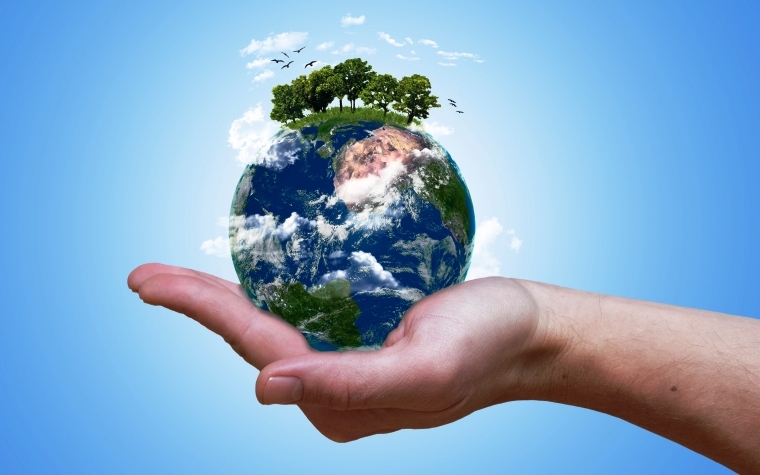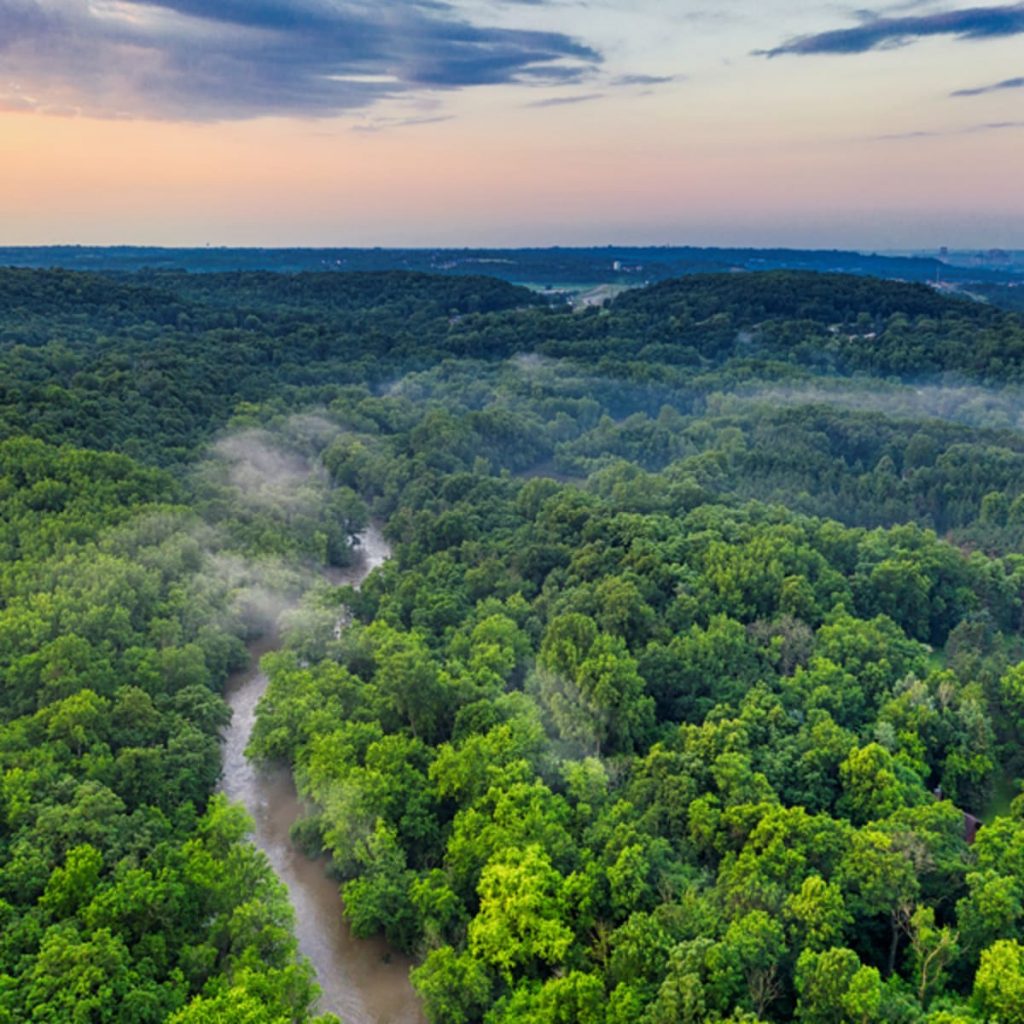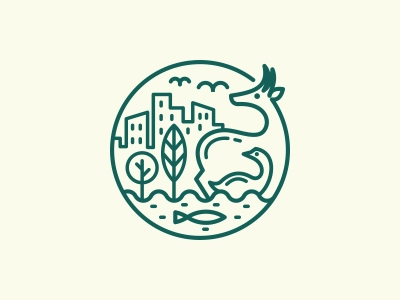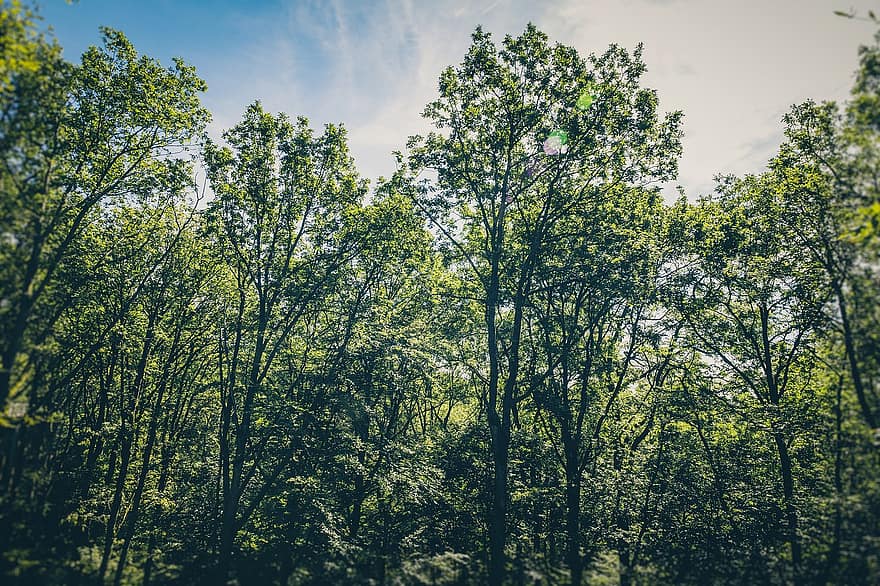Ecological awareness is an important part of the Altruism and Integrative frameworks of human nature. It can develop in people, communities, and countries. The benefits of ecological awareness are numerous, and include the ability to identify wildlife. Children can learn to identify the different species by simply being exposed to information about the environment. By engaging in these discussions with children, they can develop an understanding of how important caring for the environment is. Here are five ways to develop your child’s ecological awareness.
Ecological consciousness

The way of life in a country can affect the level of ecological consciousness of its population. In some countries, such as India, the majority of people are immersed in nature, but in others, this connection is limited to an occasional encounter with animals. Environmental consciousness is therefore critical for sustainable business. A recent study in Chuvash Republic analyzed the environmental consciousness of 460 workers of industrial companies. The study found that the level of ecological consciousness was high, and the participants’ understanding of nature and its role in human life was quite high. However, the level of environmental activity among the participants was not high.
Integrative frameworks
The development of ecologically-conscious societies and their transformation into sustainable systems requires the emergence of integrative frameworks. Social-ecological programs often depend on short-term funding opportunities and short-term interventions, but transformative change involves addressing the structural and behavioral level of society. To achieve such change, local, national, and international actors need to commit long-term to change their systems. Currently, funding structures reward projects that achieve rapid impacts, making the development of these frameworks challenging.
Altruism
Ecological awareness and altruism go hand-in-hand. Altruism involves a leap of faith in the hopes that those who receive the gift will reciprocate. But altruism is more than a theoretical concept: it can also result in action. To illustrate the connection between altruism and ecological awareness, consider the example of a ground squirrel warning another group of predators of the imminent threat of a hawk. In this case, the risky act is beneficial to the group as a whole.
Conservation

Increasing the level of public awareness about conservation and ecology is critical to the future of our planet. The destruction of forests worldwide is a serious problem. Human activity is destroying forest habitats at a rapid rate, including the production of wood, paper, and oil. Many species are in danger of extinction as a result of habitat loss. For this reason, the International Union for Conservation of Nature maintains a list of endangered species.
Environmental preservation
Ecology and environmental conservation refer to the protection of the earth and its resources. There are many environmental problems affecting humans today, including overpopulation, water pollution, ozone depletion, global warming, and deforestation. In addition, digital media may help to preserve our world’s resources. Here are some ways to protect our environment and promote ecological awareness. Environmental conservation is important for our well-being, and the digital media can be a valuable tool.

